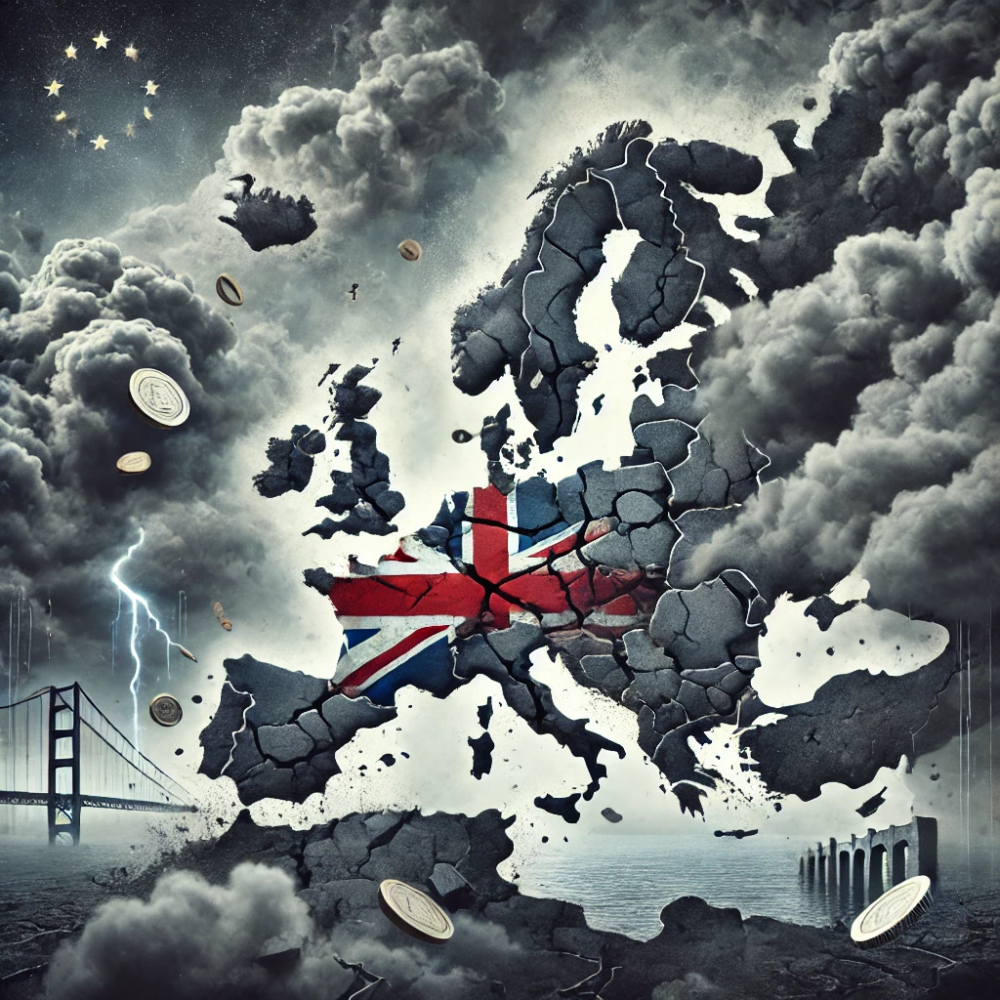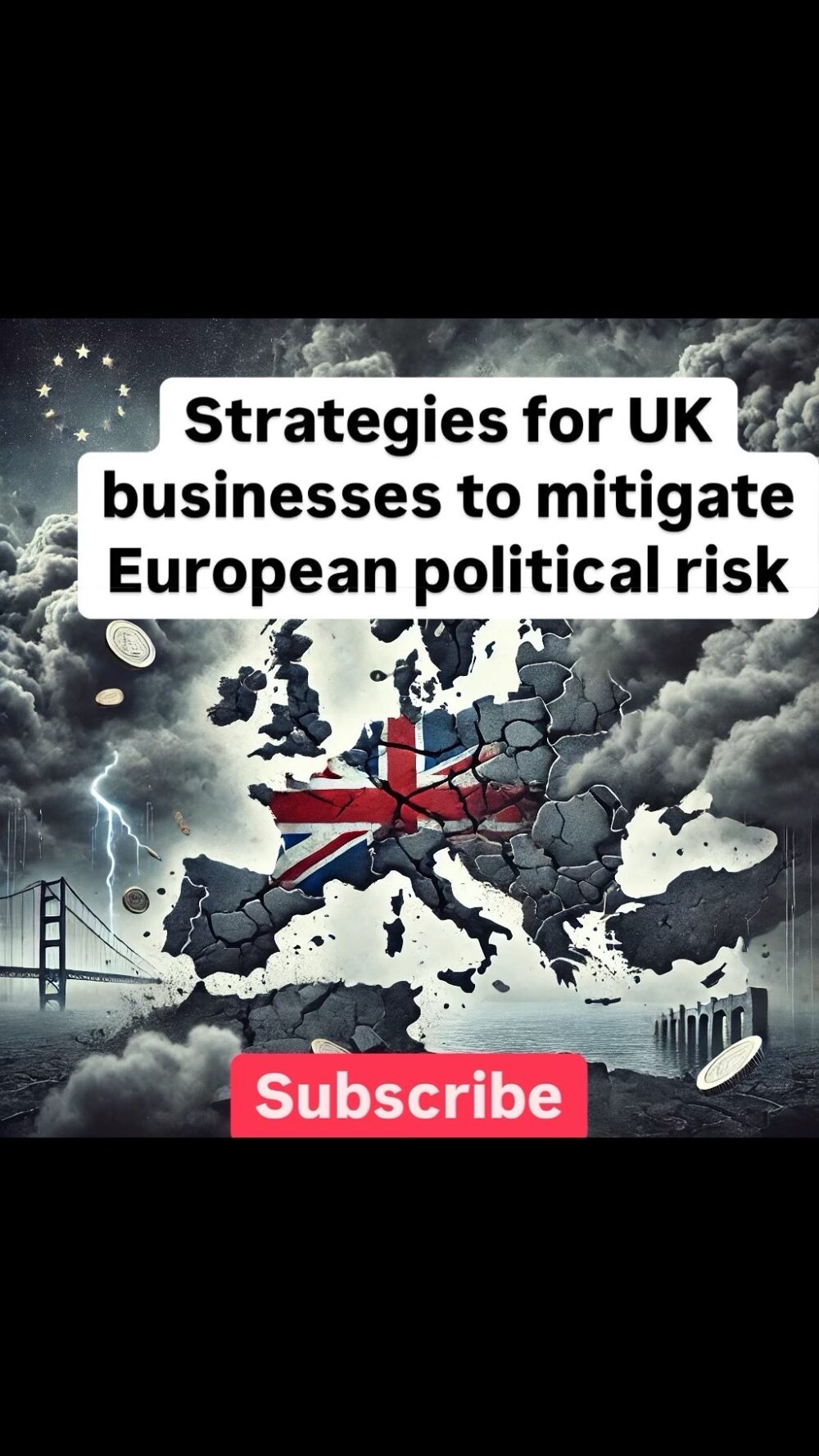Discover how an anti-fragility mentality can help your UK business thrive on stress and volatility. Learn why fear of growth is dangerous and get 9 practical risk management strategies to build a more robust, adaptable, and profitable company.
Anti-Fragility Mentality: The UK Business Guide to Thriving on Volatility 🇬🇧
In the complex and unpredictable world of business, it’s not enough to be resilient or robust; you must be anti-fragile. This is a concept, popularised by author Nassim Nicholas Taleb, that suggests some systems, like a business, don’t just withstand shocks—they actually get stronger because of them. While a resilient company recovers from a crisis, an anti-fragile one learns, adapts, and improves. Instead of just surviving, an anti-fragile business uses volatility, uncertainty, and stress as fuel for growth. This is especially relevant for UK businesses navigating a post-Brexit, globalised, and tech-driven market.
The Dangers of Business Fear and Over-Cautiousness
When leaders are too scared to grow, their business becomes fragile. Fear of failure or even fear of success can lead to a state of paralysis. Instead of embracing opportunities, a business with a risk-averse culture will hesitate, self-sabotage, and miss out on potential gains. This mindset can:
- Stifle innovation: You avoid new technologies, markets, or product lines, leaving you vulnerable to competitors who are bolder.
- Prevent scalability: Your business systems, processes, and team structures become too rigid to handle growth, leading to spiralling costs and poor service if demand increases.
- Create dependency: Over-reliance on a single client, supplier, or revenue stream makes the business incredibly fragile.
- Damage morale: A culture of fear can demotivate employees and discourage them from taking initiative.
- Expose you to a slow decline: While you might avoid a sudden crisis, a cautious approach often leads to a gradual loss of market share and relevance.
Why Positively Fighting Back Against Crisis Works Better
An anti-fragile business doesn’t just react to a crisis; it uses the crisis to its advantage. Instead of a defensive mindset, it adopts an offensive one, turning problems into opportunities. This approach works better because:
- It forces innovation: A crisis can be a powerful catalyst for change, forcing you to find creative solutions you wouldn’t have considered otherwise.
- It builds stronger systems: A crisis reveals weaknesses. By addressing these weak points, you build more robust, efficient, and reliable systems for the future.
- It strengthens relationships: Transparent communication and proactive problem-solving during a crisis builds trust with employees, customers, and partners.
- It creates a competitive advantage: While your competitors are busy recovering, you’re using the disruption to pull ahead, secure new markets, or attract talent.
Who Can Help You Take More Calculated Risks
Taking calculated risks is a team sport. While the final decision rests with the leadership, a smart leader leverages the entire business to inform their choices. Key roles that can help you become more anti-fragile include:
- Senior Leadership: A strong, forward-thinking leadership team that fosters a culture of smart risk-taking and learning from failure.
- The Finance Team: Your finance department is crucial. They provide the data and analysis needed to understand the potential financial impact of a risk.
- IT & Cybersecurity: They assess the risks associated with new technologies and ensure your digital infrastructure can handle growth and shocks.
- Department Heads: They have a direct view of operational risks and can identify opportunities for improvement.
- Employees at all levels: Front-line staff often have the best insights into day-to-day problems and can suggest innovative solutions.
Where You Can Protect Yourself from an Over-Cautious Mentality
To counter a culture of over-cautiousness, you need to create an environment where smart risk-taking is encouraged. Focus on these areas:
- Your company culture: Foster a “growth mindset” that views mistakes as learning opportunities rather than failures.
- Your team structure: Empower teams to make decisions without excessive layers of approval.
- Your communication channels: Create open and transparent communication where bad news and new ideas can be shared without fear.
- Your strategic planning: Incorporate scenario planning and “what-if” exercises to prepare for a range of potential outcomes, both good and bad.
When to Feel More Robust
You can feel more robust and confident in your business’s ability to handle stress when you have:
- Consistent cash flow: A healthy financial position provides the buffer needed to withstand shocks and invest in new opportunities.
- A diversified portfolio: You’re not reliant on a single customer, product, or market.
- Strong systems and processes: Your business operations are streamlined, efficient, and can handle increased demand without breaking.
- An engaged and skilled team: Your employees are aligned with your goals and are ready to adapt to changing circumstances.
9 Practical Anti-Fragility Risk Management Strategies
- Embrace Optionality: Have multiple, low-risk options available. For example, explore several new markets with a small investment rather than committing to one with a large one.
- Redundancy is a Virtue: Don’t rely on a single supplier or a single server. Create backups and redundancies to prevent single points of failure.
- Conduct “Pre-Mortems”: Instead of a post-mortem after failure, imagine a project has failed and work backwards to identify the reasons. This helps anticipate risks before they occur.
- Adopt a “Fail Fast, Learn Faster” Mindset: Launch small, experimental projects (Minimum Viable Products) to test ideas without significant risk.
- Decentralise Authority: Empower smaller teams to make decisions. This allows for faster responses to local challenges and opportunities.
- Maintain a Cash Buffer: Keep enough cash on hand to cover a significant period of low revenue. This financial buffer is the bedrock of anti-fragility.
- Gamify Risk Management: Use internal games or simulations to train your team on how to respond to unexpected events, building both muscle memory and a proactive mindset.
- Diversify Your Team’s Skillset: Hire for versatility and adaptability. A team with diverse skills is more likely to find creative solutions during a crisis.
- Build Strong Stakeholder Relationships: Foster trust with your customers, suppliers, and investors. Strong relationships provide a support network that is invaluable in a downturn.
Get help to protect and grow your business faster with BusinessRiskTV
Find out more about business protection and business growth with BusinessRiskTV
Subscribe for free business risk management ideas reviews and cost reduction deals
Connect with us for free business risk management tips
Read more free business risk management articles and view videos
Connect with us for free alerts to new business risk management articles and videos
Anti-Fragility Mentality Business UK Risk Management Strategies











